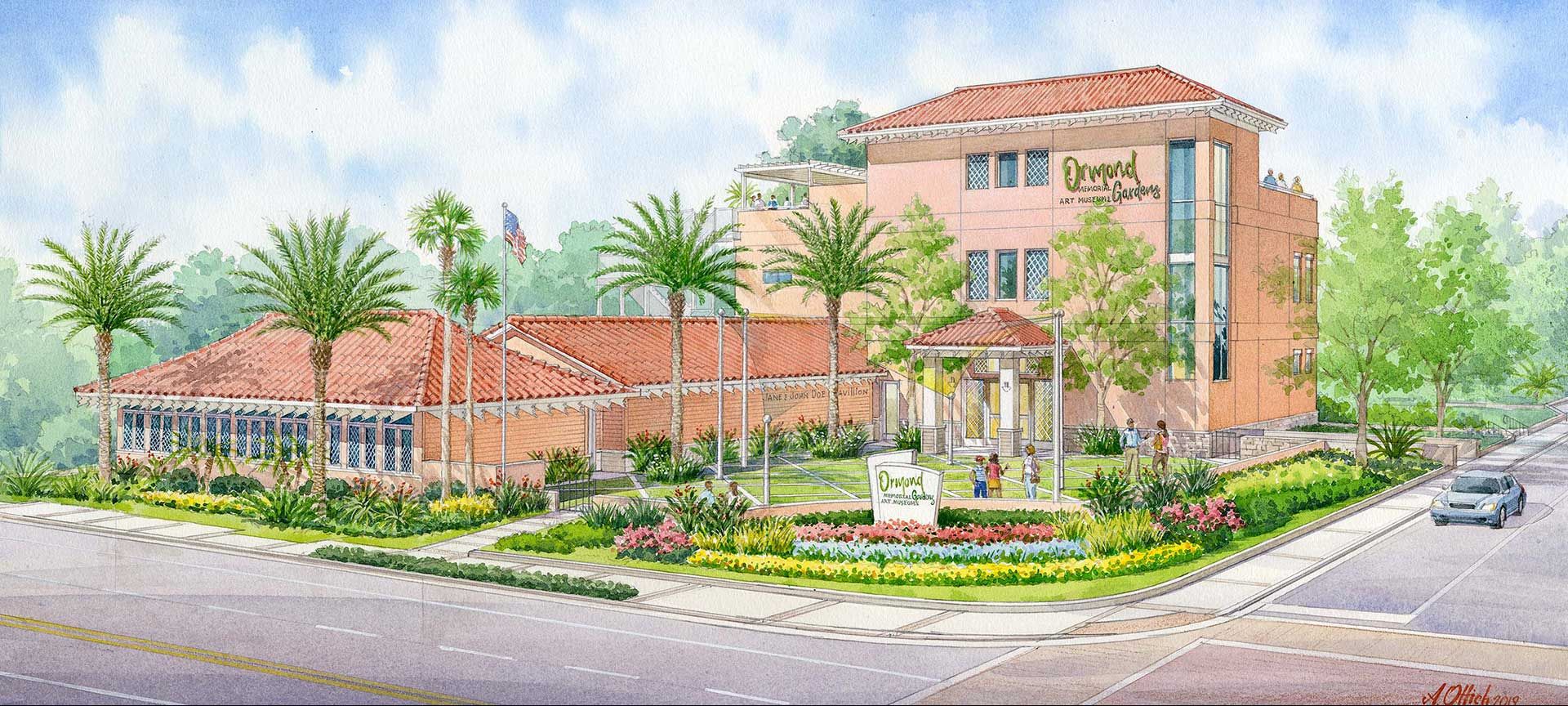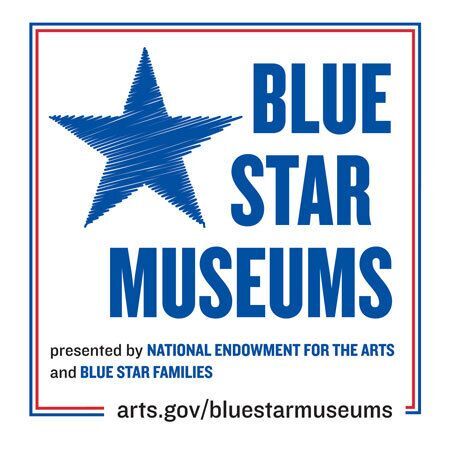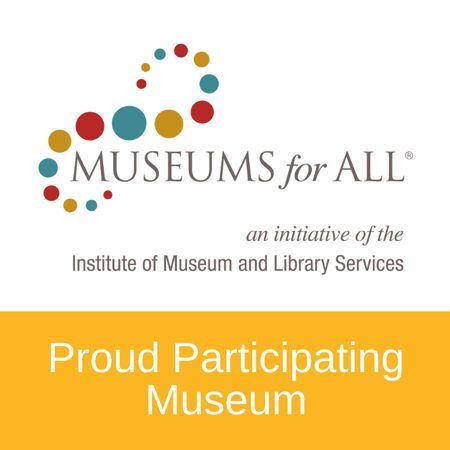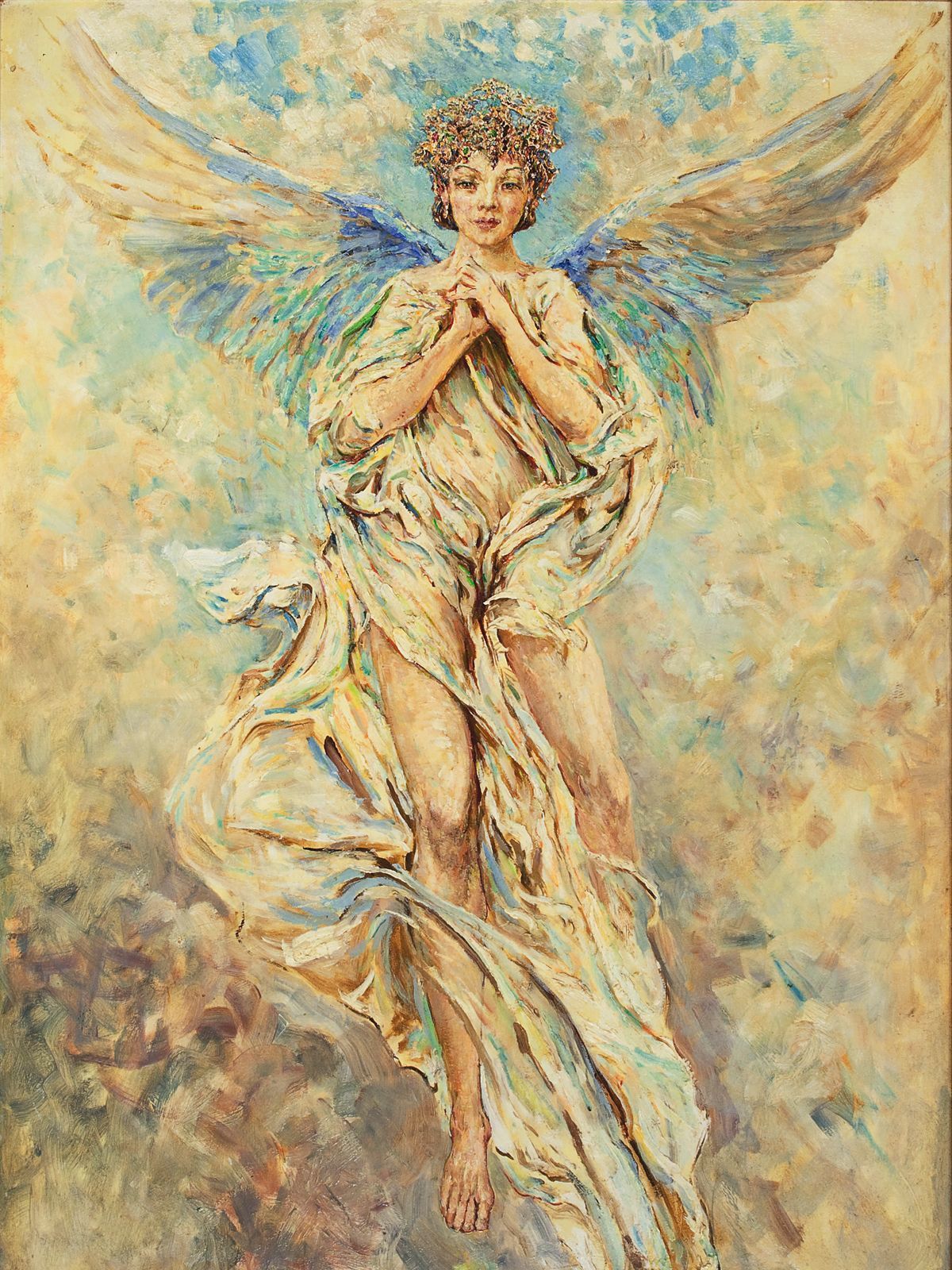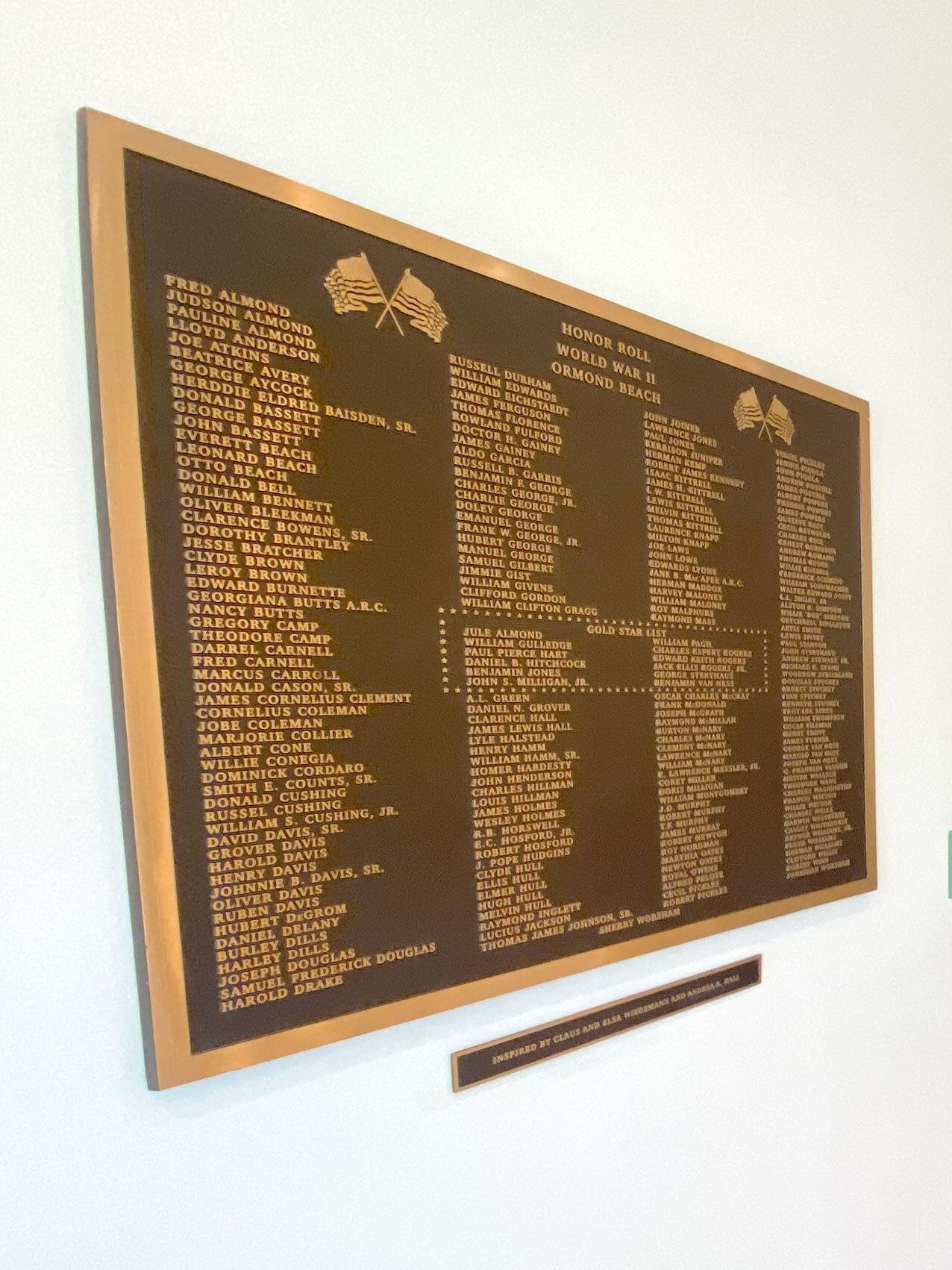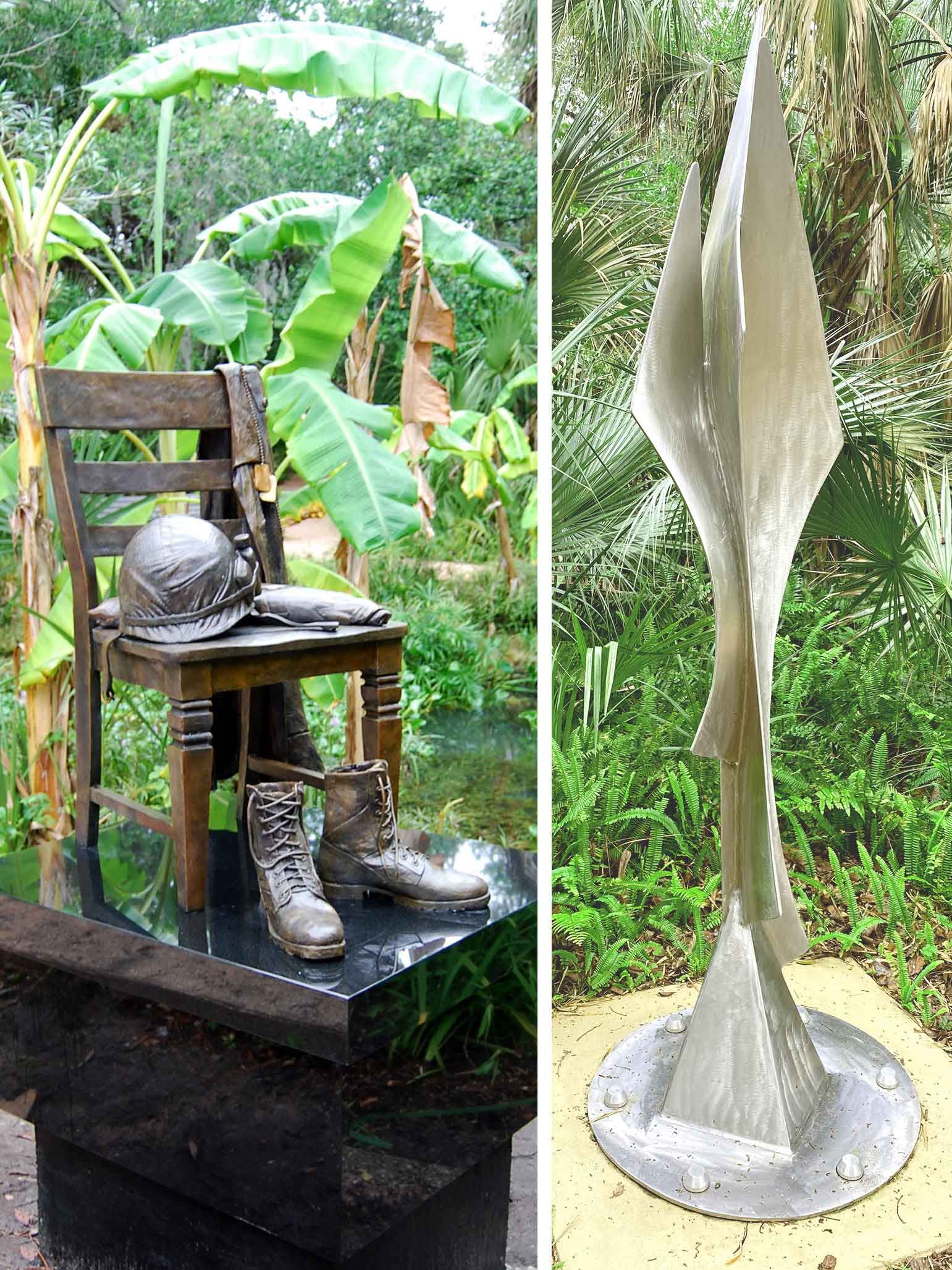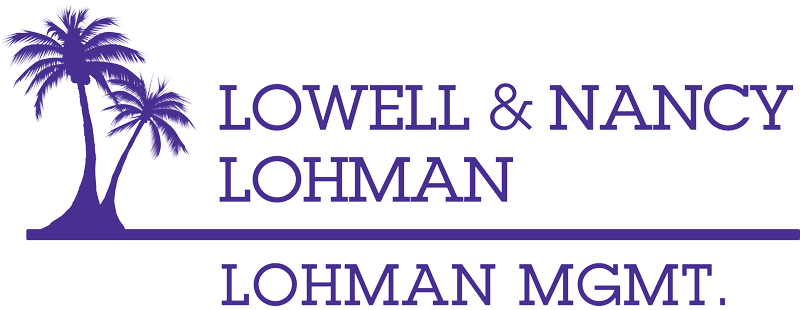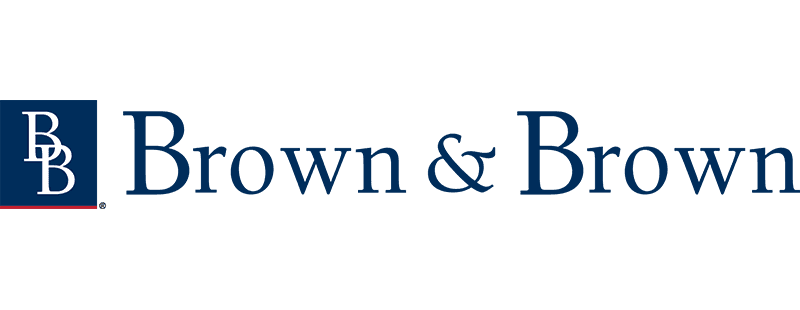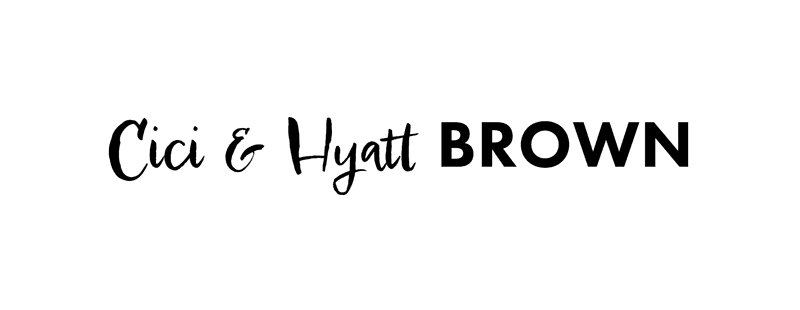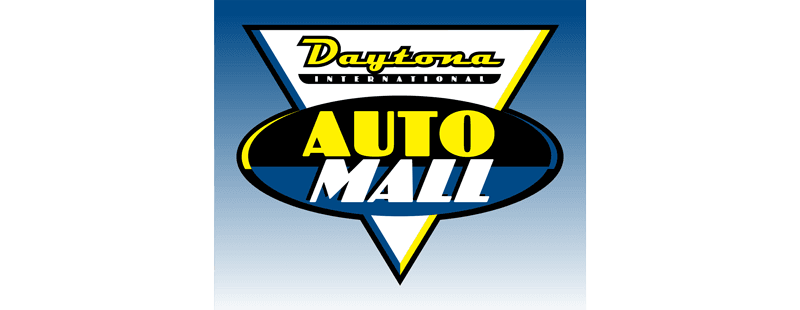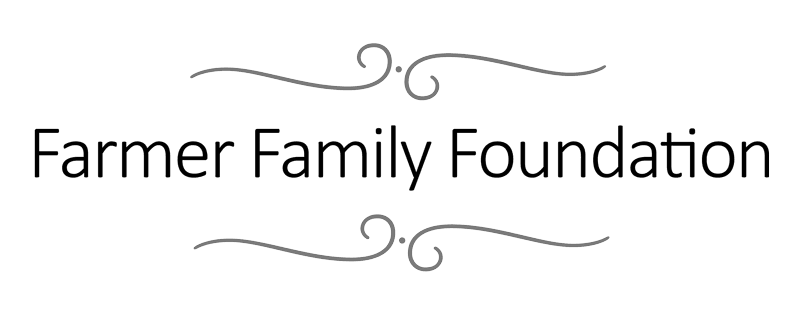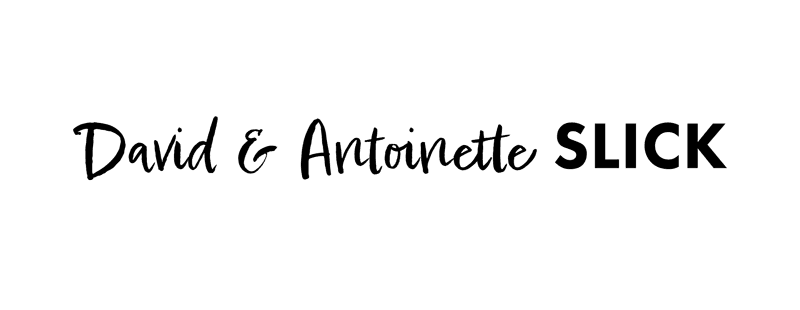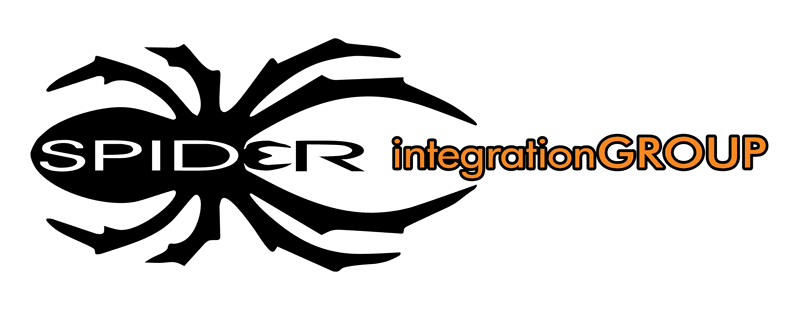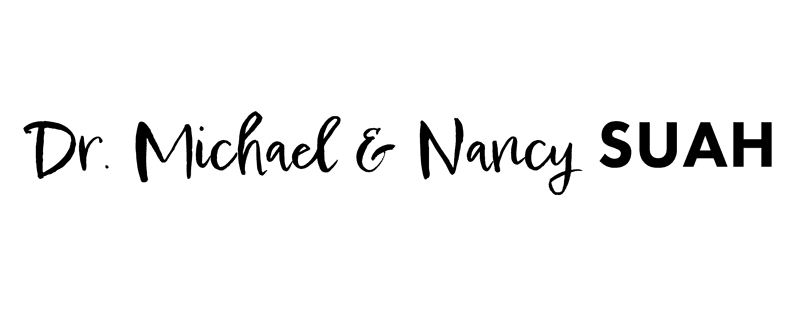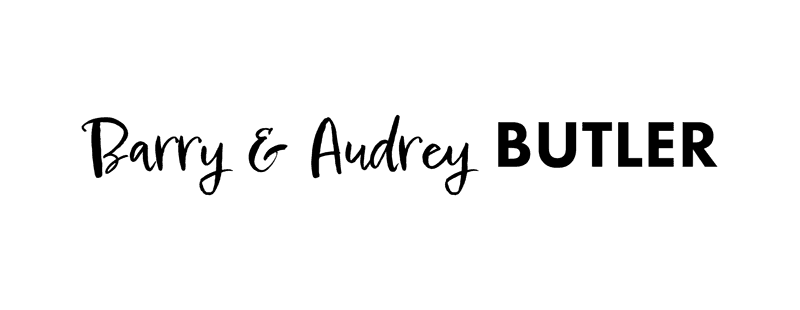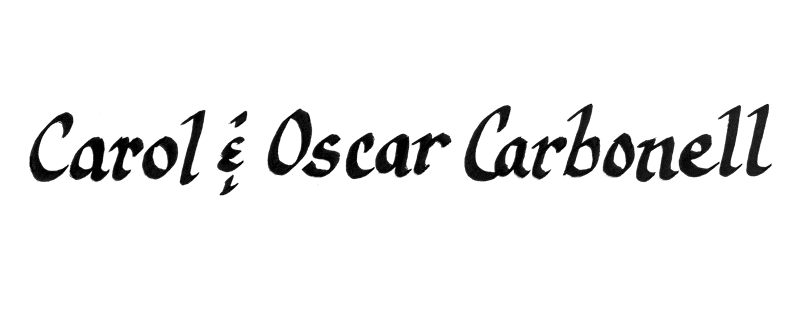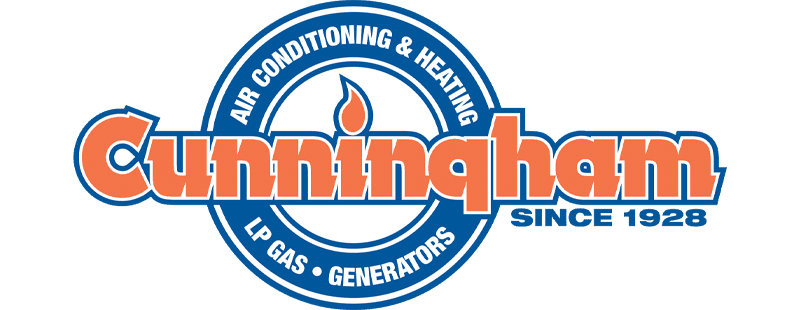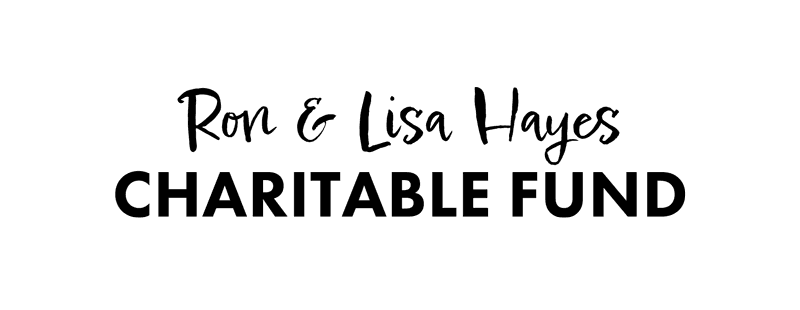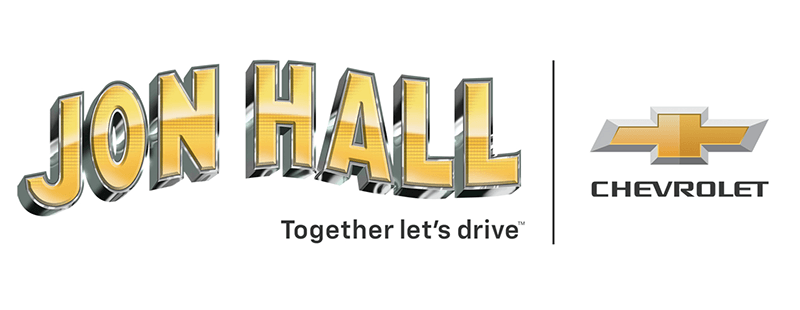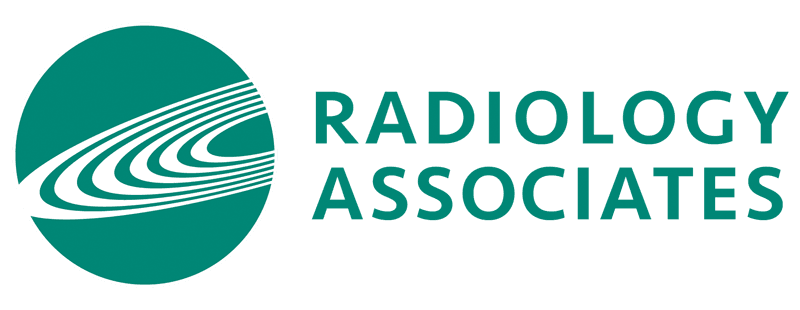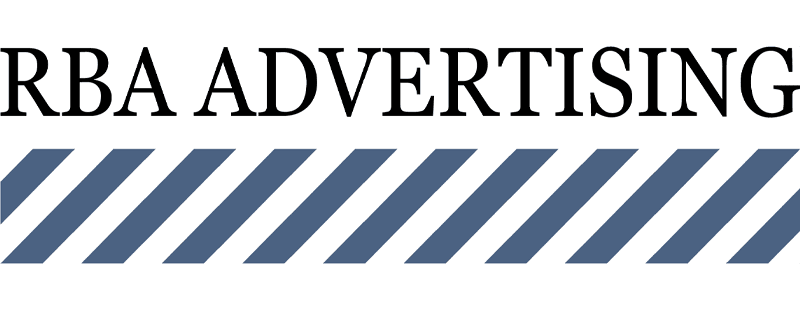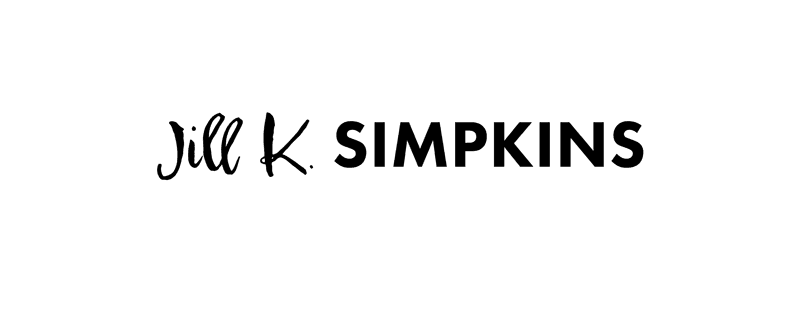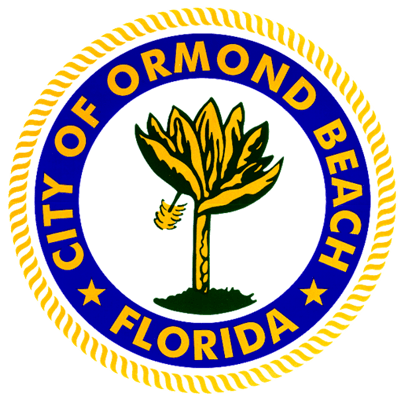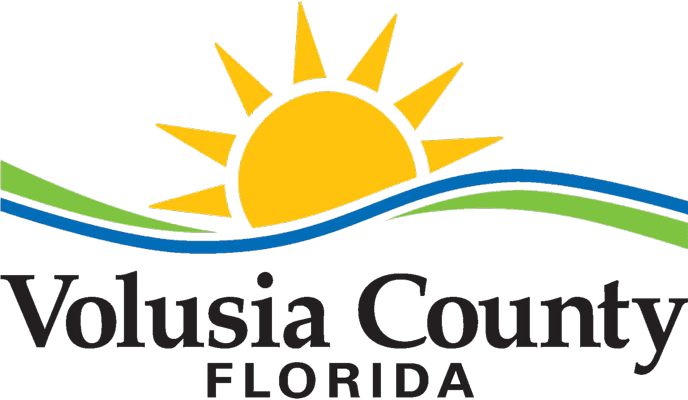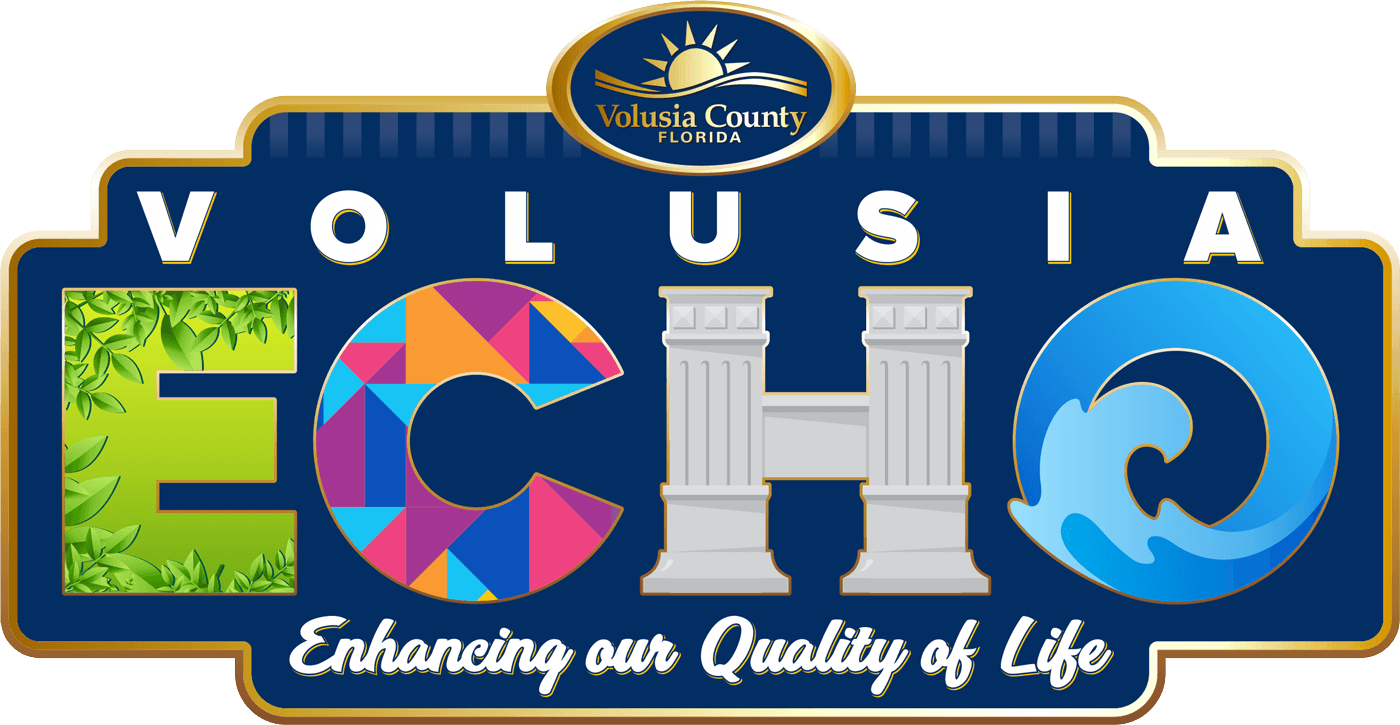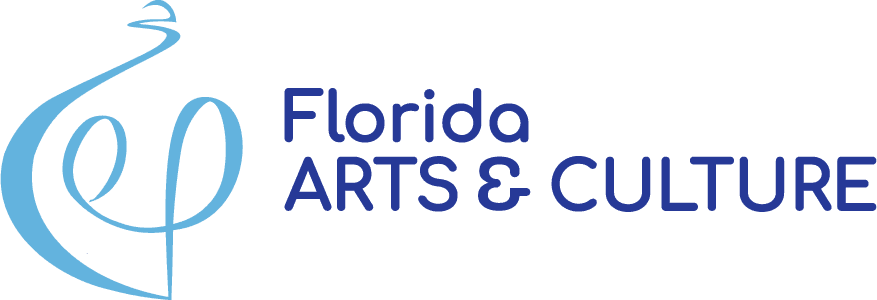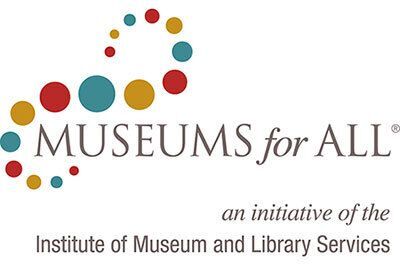Come for an hour & leave inspired!
Plan Your Visit
Ormond Memorial Art Museum & Gardens was founded in 1946 with a mission to inspire the community through art and nature while honoring those who fought for freedom.
The Museum hosts several exhibitions each year featuring work in a variety of mediums by national and international artists, in addition to annual shows highlighting art by area students. Also on display is a rotating selection of spiritual oil paintings from the Malcolm Fraser Permanent Collection in the reception gallery, and a special installation of neo-pop art by John Wilton in the stairwell gallery. Each month, OMAM engages with their community by providing free art pop-ups and other outreach events, including programs designed for underserved children, families, and veterans, as well as patients, caregivers, and survivors.
In May 2022, the museum building re-opened after an 18-month, 4-million-dollar renovation and expansion project. Built on almost the same existing museum footprint, OMAM now offers a bigger classroom, more exhibition space, dedicated meeting/office areas, and a breathtaking rooftop terrace overlooking its 2.5-acre gardens!
Every trip to the museum should include a stroll through the lush gardens, which are home to a picturesque waterfall feature, a Free Little Art Gallery, a historic cottage, a small turtle sanctuary, butterfly observations zones, and a charming gazebo with a painted floor labyrinth for walking meditations. Other opportunities for reflection in the garden include two original sculptures honoring veterans of the Korean & Vietnam Wars. Other military tributes include a plaque listing three local residents who gave their lives in World War I, which is mounted on the wall near the American flag pole inside the Granada Pavilion Courtyard, and the bronze plaque listing all Ormond residents who served in World War II, which is housed inside the Museum.
Hours
- Museum Hours: 10a-4p Monday-Saturday; Noon-4p Sunday
- Garden Hours: Open sunrise to sunset every day
Museum Holiday Closures
- New Year’s Day
- Easter Sunday
- Memorial Day
- Fourth of July
- Labor Day
- Thanksgiving Day
- Christmas Eve
- Christmas Day
Parking
A free parking lot is located at the south end of our Gardens, just follow the signs for public parking! Free street parking also is available along both sides of Halifax Drive.
Tours & Group Visits
With advance notice and a nominal fee, groups can visit the museum for a self-guided walk through, garden tour, or visit with art project. READ MORE
Exhibits & Events
OMAM's main exhibition galleries display between six and eight shows a year featuring work by professional artists of various mediums in addition to shows highlighting local art students. Click HERE to view current exhibit information and click HERE to view what's coming up!
Year round, OMAM also hosts art classes, garden talks, member socials, and other special programs. Click HERE to view the calendar of events.
Admission
Admission is by donation; $2 per person suggested. Entry is always free to our current members and US veterans! Click HERE to learn about our membership benefits. Reciprocal admission privileges are extended to those who have current memberships at other NARM or AHS institutions (must present card with ID).
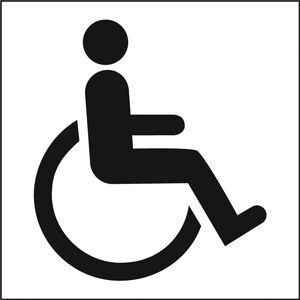
Accessibility & Transportation
A convenient drop off area and ramp is located on Halifax Drive near the museum's south entrance. The Garden paths are mobility accessible.
A Votran bus stop is located near the museum's north entrance on the sidewalk along Granada Boulevard just west of Seton Trail.
Service Animals
Dogs are not permitted on property. Service animals, defined by Title II and Title III of the ADA, are allowed in the Museum & Gardens. A service animal means any dog that is individually trained to do work or perform tasks for the benefit of an individual with a disability, including a physical, sensory, psychiatric, intellectual, or other mental disability. Tasks performed can include, among other things, pulling a wheelchair, retrieving dropped items, alerting a person to a sound, reminding a person to take medication, or pressing an elevator button. Emotional support animals, comfort animals, and therapy dogs are not service animals under Title II and Title III of the ADA.

